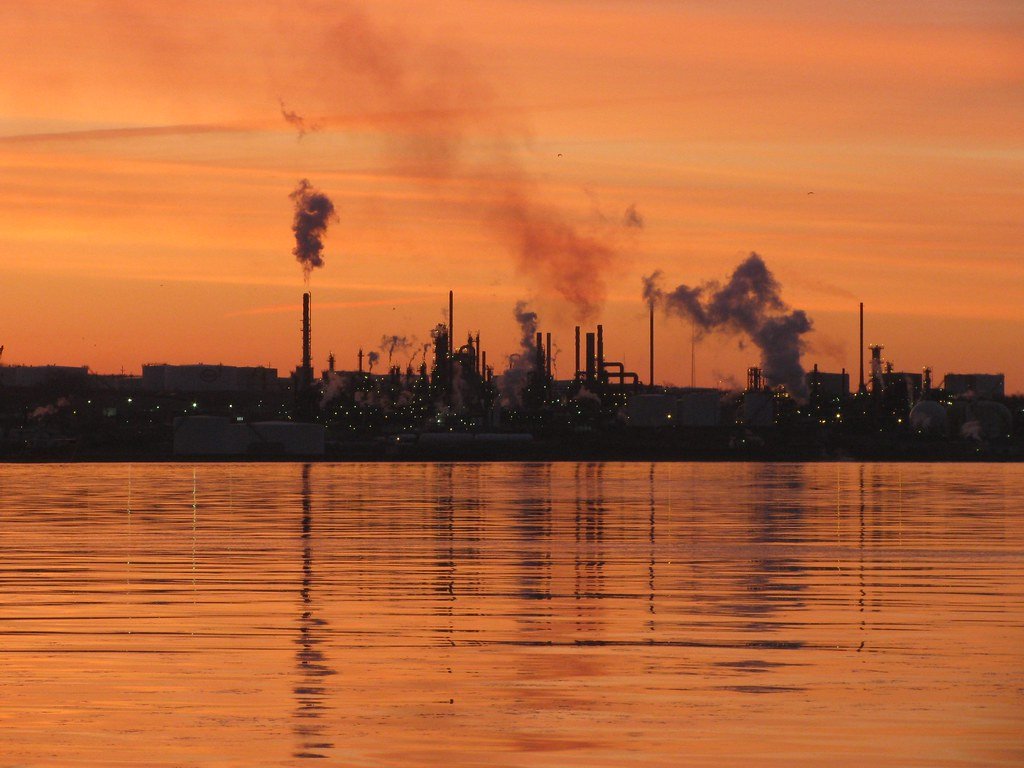In a harrowing event that underscores the inherent dangers associated with unauthorized oil refineries, at least 37 individuals have lost their lives in a massive explosion in the Ibaa community, located in southern Nigeria. This tragic incident occurred in the early hours of a Monday morning and has sent shockwaves throughout the nation.
Background of Nigeria’s Oil Sector
Before delving into the specifics of the incident, it is crucial to understand the background and significance of the oil sector in Nigeria. Nigeria is one of the leading oil producers in Africa, with its abundant oil reserves primarily situated in the Niger Delta. The country’s oil sector has been a significant contributor to its GDP, and at the same time, it has been a source of political and environmental disputes.
Historically, oil exploration and production in Nigeria have been met with a myriad of challenges. These range from environmental degradation caused by oil spills to conflicts arising from claims of revenue allocation and local community rights. Often, these challenges lead to the establishment of illegal refineries by local communities or individuals aiming to extract a portion of the oil wealth, but without the necessary expertise or equipment.
The Rise of Illegal Refineries
Illegal refineries are makeshift operations where individuals tap into pipelines, stealing crude oil which is then crudely refined into products like petrol, diesel, and kerosene. These operations are often dangerous due to the rudimentary methods employed, and they have been a persistent problem in Nigeria. The government and multinational oil companies have tried to combat these illegal operations for years, citing environmental damage, loss of revenue, and the dangers they pose to the communities involved.
Yet, the economic allure and the potential to generate income in areas with limited employment opportunities have made these illegal refineries attractive for many. For communities like Ibaa, such refineries represent both a potential source of income and a clear and present danger due to the lack of safety measures.
The Ibaa Incident: A Timeline
As Reuters reported, citing both a local security official and a community leader, the incident took place in the wee hours of that fateful Monday. Here’s a more detailed breakdown:
- Late Sunday Night: Local residents reported seeing unusual activities around the illegal refinery. Some speculated that there might have been a leakage or that new equipment was being set up.
- Early Monday Morning: An enormous explosion rattled the community, with the shockwaves felt even in neighboring areas. The initial blast was followed by a series of smaller explosions, possibly due to the ignition of stored oil products.
- Immediate Aftermath: First responders and community members rushed to the site, with many reporting a massive fireball rising into the sky. The intensity of the fire made immediate rescue operations challenging.
- Casualties: Preliminary reports indicated that at least 37 people were killed, though this number might increase as rescue and recovery operations continue.
Reactions and Implications
The incident has been met with a mix of grief, anger, and calls for stronger regulation. Community leaders and residents of Ibaa are mourning the loss of their fellow citizens, with many questioning how such a tragedy was allowed to happen in the first place.
Environmental activists point to this incident as a glaring example of the dangers associated with illegal refineries. They emphasize that apart from the immediate risk to human life, these operations have long-term environmental implications, often leaving lands polluted and ecosystems destroyed.
Government officials and security agencies are under pressure to address the issue of illegal refineries more effectively. There are increasing calls for a multi-faceted approach that not only targets the dismantling of these operations but also addresses the root causes, such as unemployment and lack of opportunities in these communities.
The Way Forward
For Nigeria, the Ibaa tragedy serves as a poignant reminder of the complexities surrounding its oil sector. The balance between harnessing its vast oil wealth and ensuring the safety and well-being of its citizens is a delicate one.
One potential solution lies in greater community engagement. By involving local communities in legitimate oil operations, there can be a reduction in the allure of illegal refineries. Training and providing employment opportunities can help in this regard.
Furthermore, a stricter regulatory framework is needed. This should include regular inspections, community outreach programs, and stricter penalties for those involved in unauthorized operations.
Lastly, it’s crucial for the Nigerian government to invest in alternative sources of income for its citizens, reducing the dependence on oil and, in turn, the lure of illegal refineries.
Conclusion
The blast at the illegal oil refinery in Ibaa is a tragic event that has claimed many lives and highlighted the significant challenges Nigeria faces in its oil sector. It underscores the need for a comprehensive approach that addresses both the immediate dangers of illegal refineries and the broader socio-economic factors at play. The hope is that, with proactive measures, such tragedies can be averted in the future.
Read More:
